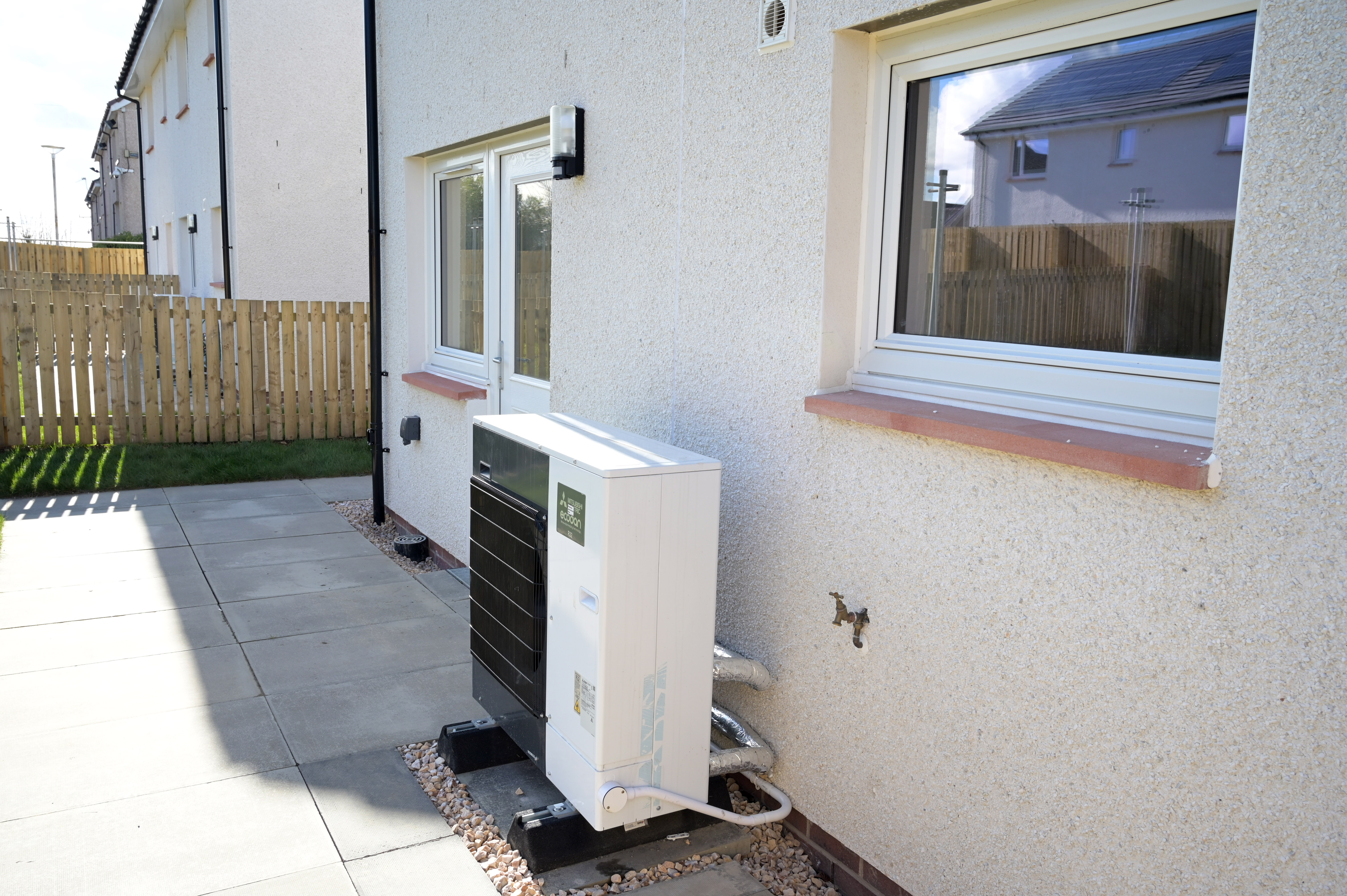UK government plans to expand its Boiler Upgrade Scheme

The Department for Energy Security and Net Zero (DESNZ) has announced plans to expand the Boiler Upgrade Scheme (BUS) and invest in green skills as part of the UK Government’s Warm Homes Plan.
A new consultation has been launched as the government hopes to capitalise on increasing demand for heat pumps, with 4,028 applications to the BUS received in March 2025, up 88% on the same month last year.
Changes to the scheme could see families potentially access air-to-air heat pumps and electric heating technologies such as heat batteries, which are currently not eligible for grants under the scheme, alongside new purchase and ownership models which could spread the cost of a heat pump over several years, or give households the opportunity to lease one for a monthly fee instead.
The government has also set out plans to bolster the ‘clean power army’, training up to 18,000 more home retrofitters, to install heat pumps, insulation, solar panels and heat networks, alongside a major new deal to support the UK’s heat pump supply chain.
Minister for energy consumers Miatta Fahnbulleh said: “Our Warm Homes Plan will mean lower bills and warmer homes for millions of families – helping drive better living standards as part of the Plan for Change. Following a record-breaking month for applications to our Boiler Upgrade Scheme, we are now proposing to give working families more choice and flexibility to pick the low-carbon upgrades that work best for them.
“And on top of this, we are investing over £4 million in Copeland to continue building a homegrown heat pump industry and training up the army of skilled workers we need to achieve this.”
Charlotte Lee, CEO at the Heat Pump Association, said: “Following a record year for UK heat pump sales in 2024, we warmly welcome today’s announcements which will continue to support growth in the sector and increased deployment of clean heating.
“The additional funding to support those wishing to become qualified to install heat pumps and heat networks is especially welcome, alongside proposals to expand the Boiler Upgrade Scheme to make clean heating solutions an accessible option for more consumers.
Richard Beresford, chief executive of the National Federation of Builders, added: “The NFB has long advocated for such reforms, particularly for air-to-air heat pumps, to ensure we can remain technologically agnostic in our approach to the net zero transition. The announced considerations are a significant step towards that goal, and we commend the Government for listening to industry recommendations and taking meaningful action to support the net zero transition on existing homes.
“The proposed expansion of the scheme could involve the inclusion of more types of heat pumps, such as air-to-air heat pumps and electric heating technologies, e.g. heat batteries, which are currently ineligible for grants. Additionally, the Government will consider new heat pump purchase options for consumers, for example hire purchase and leasing to make low-carbon heating more accessible.”
Rico Wojtulewicz, head of policy for the NFB, said: “Air-to-air heat pumps dominate continental installs and so we always thought it strange that the Tory government decided to focus only on air-to-water systems. The new Labour government are seeking to rectify that error of judgement and have also sought views on heat batteries, another solution the NFB spent eighteen months lobbying to be included under the BUS.
“The benefits to existing homes are clear but if the consultation results in air to air and heat batteries being included in the BUS and even Clean Heat Market Mechanism (CHMM), there will be knock on benefit to the new build sector as the solutions they offer, for instance cooling and air quality, might inform out of date Building Regulations, thus ensuring the Future Homes Standard (FHS) is deliverable at scale.
“We must not always frame net zero as a carbon story. Electrification offers more efficiency, cleaner power, healthier homes and stimulates technological innovation, but it is impossible to deliver with one solution. We therefore hope this is the first step of many to have a net zero plan which is practicable and not led by ideologues.”







